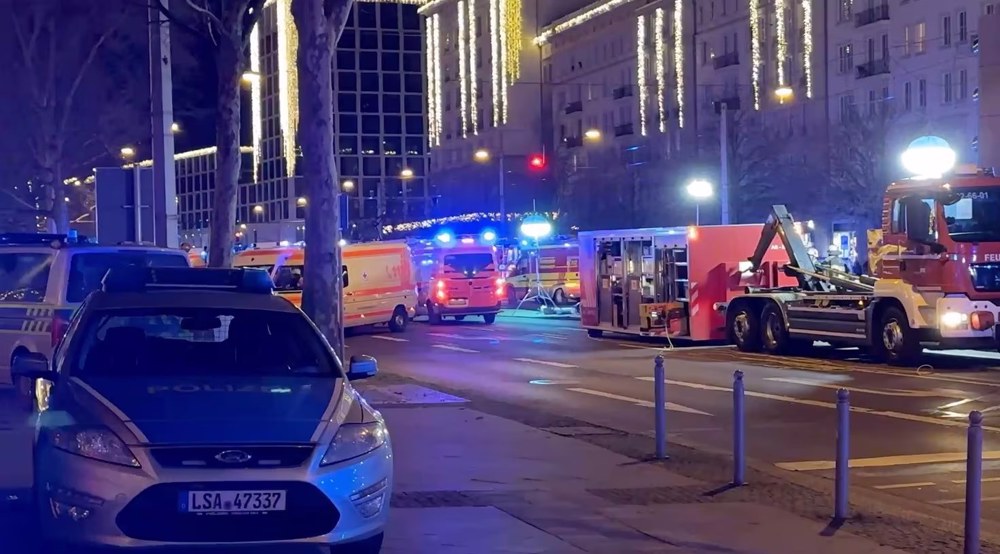EU stance on Muslim refugees unacceptable: Merkel
German Chancellor Angela Merkel has criticized some European Union members for refusing to accept refugees just because they are Muslim.
“What I continue to think is wrong is that some say 'we generally don't want Muslims in our country, regardless of whether there's a humanitarian need or not,'” Merkel told German public television channel ARD on Sunday.
Several EU members, particularly those in the east with pro-nationalist leaders, oppose any plans to take in any refugees from the Mideast and South Asia.
Last week, Czech Prime Minister Bohuslav Sobotka said he does not want a large Muslim community because of the "problems we are seeing."
The political party of Dutch far-right politician, Geert Wilders, pledged on Thursday to close mosques and ban Islam’s holy book of Qur'an amid growing Islamophobic sentiment in the European country.
The wave of anti-Muslim and anti-refugee sentiment is growing almost a year after Merkel decided to allow hundreds of thousands of refugees stuck in other European countries to enter Germany.
Nearly 1.1 million refugees, most from Syria, Iraq or Afghanistan, arrived in Germany in 2015.
In her interview on Sunday, Merkel supported the idea of a quota system for fairly distributing asylum-seekers among all the bloc's 28 member states.
German officials expect to grant entry to as many as 300,000 migrants throughout all of 2016. They are mainly from Afghanistan, Iraq and Syria, where their lives are in danger from war and Takfiri terrorism.

German Vice Chancellor Sigmar Gabriel on Sunday distanced himself even further from Merkel's position on the refugee policy.
''We've always said that it's simply incredible for Germany to take in a million people per year,'' Gabriel said in an interview with broadcaster ZDF.
Gabriel leads the Social Democrats (SPD), a coalition partner in Merkel's government, and his comments come as campaigning kicks off for a federal election next year.

Anti-refugee sentiment has also swayed regional and national elections across Europe in recent years.
International organizations and rights groups have expressed concern over an increase in the number of arson attacks on refugee shelters.
Europe is facing an unprecedented influx of refugees, most of whom are fleeing conflict zones in Africa and the Middle East, particularly Syria.
Many blame major European powers for the unprecedented exodus, saying their policies have led to a surge in terrorism and war in the violence-hit regions, forcing more people out of their homes.
US hostage-taking of Iranian nationals violation of intl. law: Deputy FM
VIDEO | Carol Singers for Palestine on London’s Parliament Square
American warplane downed after Yemeni attacks 'baffled' US air defense: Ansarullah
VIDEO | Yemenis praise the military for its successful operations against Israel
VIDEO | Israel continues to bomb Gaza homes
VIDEO | An insider's view of the country: Meybod City in Yazd
‘All wars have rules. All of those rules have been broken’ by Israel
VIDEO | Report flags India’s violation of rights of Rohingya detainees













 This makes it easy to access the Press TV website
This makes it easy to access the Press TV website